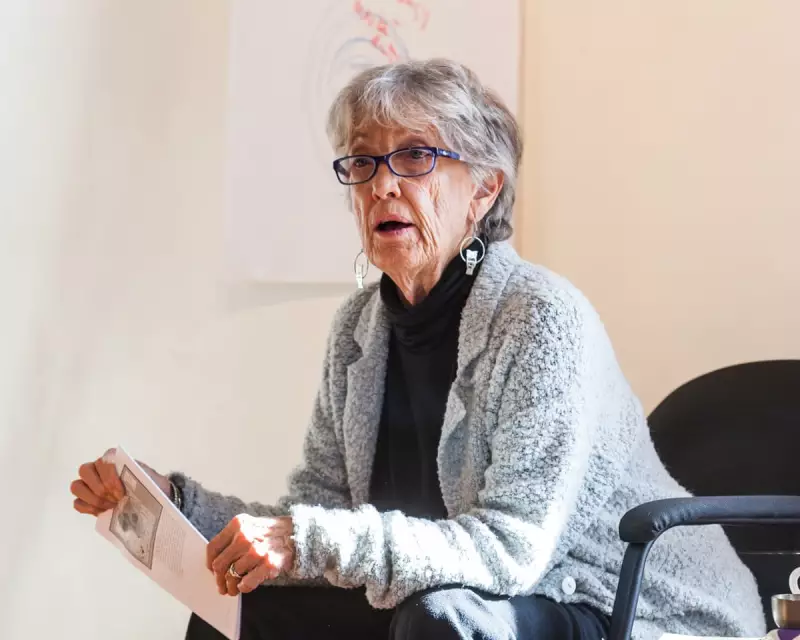
The environmental movement has lost one of its most profound voices with the passing of Joanna Macy, the pioneering deep ecologist, Buddhist scholar, and author who reshaped how we confront ecological crisis. At 95, Macy leaves behind a legacy that transformed despair into empowered action through her revolutionary 'Work That Reconnects'.
The Teacher Who Changed Environmental Consciousness
Macy's unique approach blended systems theory, deep ecology, and Buddhist philosophy to create a framework that helped people worldwide process their grief for the planet. Rather than avoiding the pain of environmental destruction, she taught generations to embrace it as evidence of their profound connection to all life.
Her methodology emerged from decades of activism and scholarship, beginning with her doctoral work on systems theory and continuing through her involvement in nuclear disarmament movements. Macy understood that what paralyzed people wasn't the scale of environmental problems, but their unprocessed emotions about them.
A Life of Interconnected Wisdom
Born in 1929, Macy's intellectual journey spanned continents and disciplines. She earned her PhD from Syracuse University and taught at numerous institutions while developing what would become her signature contribution to environmental thought.
Her books, including 'Coming Back to Life' and 'World as Lover, World as Self', became essential reading for activists seeking to maintain both hope and effectiveness in the face of overwhelming ecological challenges.
The Enduring Legacy of Active Hope
Macy's concept of 'Active Hope'—distinguishing it from passive optimism—provided a practical toolkit for sustained engagement. Through workshops, retreats, and writing, she guided participants through what she called 'The Spiral of the Work That Reconnects', moving from gratitude through honouring pain to seeing with new eyes.
Her influence extended beyond environmental circles to spirituality, psychology, and social justice movements. Colleagues and students remember her not just as a teacher but as a living example of the principles she taught—facing the world's wounds with clear-eyed compassion while never losing sight of life's inherent sacredness.
As climate anxiety becomes increasingly prevalent, Macy's wisdom feels more relevant than ever. She showed us that our pain for the world is the other face of our love for it—and that from this recognition, genuine transformation can emerge.





